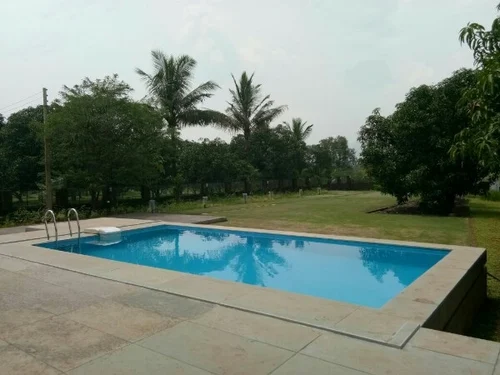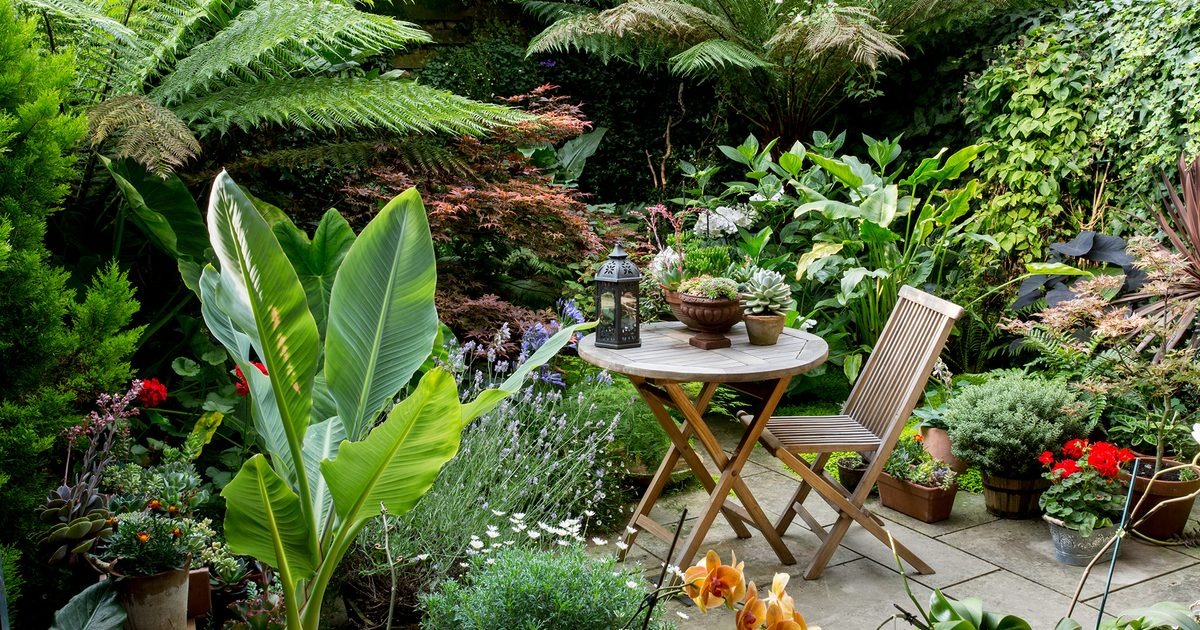Sustainable Swimming Pools: Eco-Friendly Features for the Modern Home

As homeowners seek to integrate sustainability into every aspect of their living spaces, swimming pools are no exception. Traditional pools can consume vast amounts of energy and water, but with the rise of eco-conscious design, modern pools can be both luxurious and environmentally friendly. Whether you’re planning to build a new pool or upgrade your existing one, there are a range of eco-friendly features that can reduce environmental impact, save energy, and promote sustainability. Here’s a guide to creating a sustainable swimming pool that aligns with both your desire for relaxation and your commitment to the planet. For more information check out pool installation dubai
1. Energy-Efficient Pool Equipment
One of the simplest ways to make your pool more sustainable is by choosing energy-efficient equipment. Pool pumps, heaters, and filtration systems are some of the largest energy consumers in a swimming pool. Opting for energy-saving alternatives can significantly reduce the overall energy consumption of your pool.
- Variable-Speed Pumps: Traditional single-speed pumps run at full power all the time, wasting energy. A variable-speed pump, however, adjusts the speed based on the pool’s needs, running at a lower, more efficient speed most of the time. This can reduce energy usage by up to 75%.
- Solar Pool Heaters: Solar heating systems use energy from the sun to warm your pool water, drastically reducing the need for electric or gas-powered heaters. They are a sustainable option that can extend the swimming season and reduce electricity bills.
- Efficient Pool Filters: Modern, energy-efficient pool filters require less power to circulate water and can last longer with minimal maintenance. Filters that use less energy reduce both operational costs and your environmental footprint.
By investing in energy-efficient systems, you’ll reduce energy consumption, lower costs, and lessen the carbon footprint of your pool.
2. Solar Pool Covers
One of the most effective ways to conserve energy and keep your pool water at an ideal temperature is by using a solar pool cover. These covers harness the power of the sun to heat the water and prevent heat loss overnight.
- Heat Retention: A solar cover reduces evaporation by up to 95%, which means less water needs to be added to the pool, saving you money on water bills and reducing water consumption.
- Reduced Chemical Use: Solar covers also reduce the need for pool chemicals by preventing the sun’s UV rays from breaking down chlorine and other chemicals.
- Energy Savings: By keeping the pool warmer naturally, you’ll use less energy for heating, helping you save on electricity while enjoying a more comfortable swimming temperature.
Solar pool covers offer an eco-friendly, low-maintenance solution to maintaining a warm pool without relying on electricity or gas.
3. Natural Pools and Bio-filtration Systems
If you’re looking for the ultimate in sustainability, consider a natural or bio-filtration pool. Unlike traditional pools that use chlorine and other chemicals, natural pools rely on plant-based filtration systems to keep the water clean and clear.
- Bio-filtration: These systems use plants, sand, and gravel to filter the water, creating a self-sustaining ecosystem. Water in natural pools is kept clean through a combination of plant roots that absorb nutrients and bacteria that break down organic matter.
- Chemical-Free: Natural pools eliminate the need for harmful chemicals like chlorine, which can be harsh on the skin and the environment. This makes them a perfect option for homeowners seeking a pool that’s both eco-friendly and safe.
- Aesthetic Appeal: A natural pool can enhance your backyard with its lush, organic beauty. Plants like water lilies, reeds, and cattails add visual interest while playing a critical role in maintaining the health of the water.
Natural pools offer an environmentally friendly alternative that minimizes chemical use, promotes biodiversity, and blends seamlessly into a garden setting.
4. Water Recycling and Conservation
Water conservation is a key component of any sustainable swimming pool. Several technologies can help you recycle water, keep your pool clean, and reduce overall water usage.
- Rainwater Harvesting: You can install a rainwater harvesting system that collects rainwater and channels it into your pool. This reduces your reliance on municipal water supplies and lowers your water bill.
- Pool Covering: When not in use, covering the pool with a solar or thermal cover prevents evaporation, saving thousands of gallons of water each year. This is especially important in arid regions where water conservation is crucial.
- Water-Efficient Pool Pumps and Filtration: Modern pool pumps and filtration systems are designed to use less water, reducing the strain on local water resources. Some systems also use advanced technology to clean the pool more efficiently, reducing water waste.
By implementing water-saving techniques, you’ll ensure that your pool is as environmentally responsible as it is refreshing.
5. Green Landscaping Around the Pool
The area surrounding your pool offers plenty of opportunities for sustainable design, especially when it comes to landscaping. By choosing eco-friendly plants and landscaping practices, you can reduce water usage, improve the ecosystem, and lower maintenance costs.
- Drought-Tolerant Plants: Choose native and drought-tolerant plants that require less water and thrive in your local climate. Succulents, grasses, and Mediterranean plants can offer beauty and greenery without the need for excessive irrigation.
- Permeable Surfaces: Use permeable paving materials around the pool that allow rainwater to seep into the ground rather than run off. This reduces water waste and helps replenish local aquifers.
- Edible Landscaping: Incorporate edible plants like herbs, vegetables, and fruit trees into your poolside garden. Not only does this contribute to a sustainable, homegrown food source, but it can also reduce the need for harmful pesticides and fertilizers.
Sustainable landscaping not only enhances the natural beauty of your pool area but also reduces your overall environmental impact.
6. LED Pool Lighting
Lighting is an essential element for creating ambiance around your pool, but it’s important to choose energy-efficient options that won’t increase your energy consumption.
- LED Lighting: LED lights are incredibly energy-efficient and last up to 25 times longer than traditional incandescent bulbs. They also come in a variety of colors and designs, allowing you to customize the lighting around your pool for aesthetic appeal and safety.
- Smart Pool Lighting: Many modern pool lighting systems offer smart technology features, allowing you to control the lights remotely or set timers. This ensures that the lights are only on when needed, further reducing energy consumption.
By choosing LED lights, you’ll create a beautiful, energy-efficient pool environment that requires less electricity and maintenance
7. Eco-Friendly Pool Chemicals
If you’re not ready to transition to a natural pool, there are still eco-friendly options for maintaining your pool water. Many sustainable pool chemical alternatives are available that are less harmful to the environment and your health.
- Saltwater Pools: Saltwater systems use salt to generate chlorine, which creates a gentler, more natural swimming experience. These systems also reduce the need for harsh chemicals and are easier on your skin, hair, and eyes.
- Enzyme-Based Cleaners: These products use natural enzymes to break down organic contaminants, reducing the need for traditional chlorine-based chemicals.
- Mineral-Based Pools: Mineral sanitizers use natural minerals like copper and silver to kill bacteria and algae without the harshness of chlorine. These systems can help keep your pool water clear and clean while reducing chemical exposure.
By choosing eco-friendly pool chemicals, you’ll help protect the environment and enjoy a healthier pool experience.
Conclusion
Sustainable swimming pools are no longer a luxury but a necessity for environmentally-conscious homeowners. By incorporating energy-efficient equipment, water conservation strategies, and eco-friendly materials, you can enjoy a pool that not only enhances your lifestyle but also benefits the planet. With these sustainable features, you can reduce your pool’s environmental impact, lower maintenance costs, and create a beautiful, eco-friendly backyard oasis. Whether you’re designing a new pool or upgrading an existing one, these changes will ensure your pool is as sustainable as it is luxurious.










